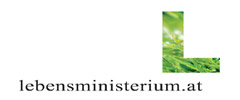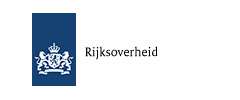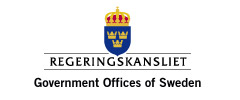Europe's biggest agricultural region Andalusia drastically reduces use of pesticide
Greenpeace campaign has been succesful
13.02.2008 |Chantal van den Bossche
The marketing organization of the region of Andalusia issued a press release stating that Europe’s biggest agricultural region, Andalusia, has drastically reduced the use of pesticides in a switch to integrated production.
The Hortyfruta marketing organization has done so to meet the wishes of German consumers.
Europe's biggest agricultural region, Andalusia, the southernmost province of Spain, at last has a powerful marketing organisation in Hortyfruta. Founded in October 2007, the organisation unites all farmers and enterprises that grow plants. These produce a total of about 1.8 million of tonnes of fruit and vegetables a year.In winter months, especially, fresh vegetables from Andalusia cover a large part of German demand. Production can go on all year round here without additional sources of heat and light on account of it having the highest number of hours of sunshine in Europe. No other comparable agrarian region thus has a similarly low CO2 impact as the south of Spain.
Cases in which individual products have exceeded limits for pesticide residues have repeatedly become known on account of the high marketshare of this produce in Germany. Even if these have only been isolated cases, and the health benefits of the products ripened in the sun have never been questioned, Andalusia's farmers, agricultural organisations and distributors have joined togeheter to prevent such cases.
A large part of the agriculture there has gradually switched to "integrated production". This method of growing differs from conventional agriculture in that it has much lower impacts on the environment. Beneficial insects are first used to combat pests, for example, and crops rotated, before using particular certified pesticides is considered.
"The move to integrated production helps us to supply German consumers withhigh-quality fruit and vegetables," says Hortyfruta's managing director, María José Pardo. "We were able to increase the area of land farmed in this way to 11,500 hectares in the 2007-8 growing season - compared to 538 hectares just a year before. We're glad the provincial government of Andalusia is also supporting this changeover," Prado goes on to say. The Andalusian government is making a total of 300 million euro available in support for the unprecedented change to an environmentally-friendly method of production sparing of resources.
A qualitative study made for Hortyfruta in November 2007 by the GfK consumer research organisation shows this responds to the wishes of German consumers. According to the study a heightened awareness of health is playing an increasingly greater role in the eating of vegetables. The least possible use of pesticides was cited as one of the most important criteria for this.

































